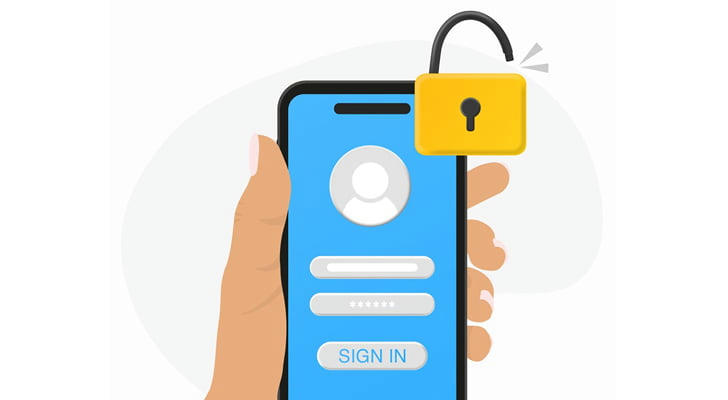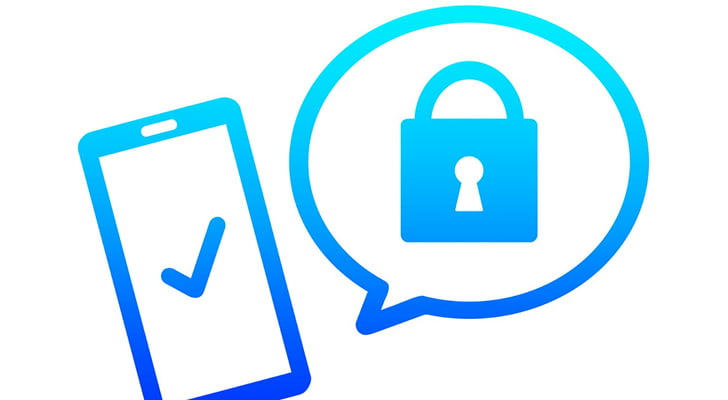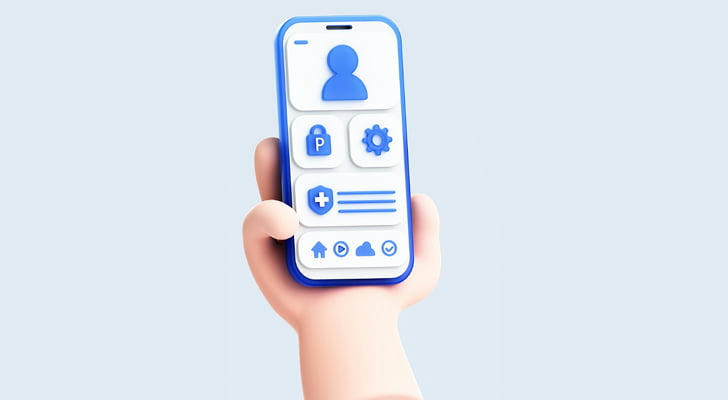Is Your Phone Spying on You? How to Protect Your Privacy 👀🔒

In today's hyper-connected world, smartphones have become essential for nearly every part of our daily lives. From managing our finances to storing personal photos, our phones contain a treasure trove of information about us. But here's a troubling question: Is your phone spying on you? If you're concerned about privacy, you're not alone. In fact, many of us unknowingly expose our personal data every day to apps, advertisers, and even hackers. But don't worry, in this article, we'll help you understand how your phone might be spying on you and give you practical tips on how to protect your privacy.
Why Are Phones Spying on Us? 📱👀
The Rise of Surveillance and Data Collection
The truth is, our phones are constantly collecting data. Many apps, websites, and even services use this data to personalize ads, improve user experience, and, unfortunately, track our behavior for profit. While some of this tracking is legitimate (like showing you ads based on your interests), some companies and malicious actors use the data to spy on you, sometimes without you even realizing it.
What Are They Collecting?
Your smartphone is capable of collecting all sorts of personal data, including:
- Location data (your GPS, Wi-Fi, and Bluetooth connections can reveal where you are)
- Contact information (who you call, text, and message)
- Browser history (websites you visit, what you search for)
- App activity (what apps you use and when)
- Health data (via fitness and health apps)
- Microphone and camera data (yes, they could be listening or watching)
Now, let's get into the good stuff—how to protect your privacy!
Signs Your Phone May Be Spying on You 🔍🚨
Unusual Battery Drain
If your phone’s battery is draining unusually fast, it could be a sign that an app or process is running in the background, constantly collecting or transmitting your data. Apps that use location tracking or your microphone in the background can be power-hungry.
High Data Usage
Another telltale sign is unexpected data usage. If your phone is sending or receiving more data than usual, it could be transmitting your personal information to a server without you knowing. This is especially true for apps that run in the background while you're not actively using them.
Pop-Up Ads and Unwanted Notifications
Ever notice a surge in pop-up ads or random notifications, even when you're not using an app? This could be a result of trackers and cookies following your browsing habits. If you notice ads for things you were just talking about or searching, your phone may be listening in.
How Your Phone Can Listen and Watch You 👂📸
Microphone Access
Many apps ask for access to your microphone. While some, like voice assistants or music apps, need it to function, others might be collecting data in the background. For example, advertising apps could be listening for certain keywords or sounds that might give them insight into your interests.

Camera Access
Some apps request access to your camera, and while this is necessary for things like video calls or photography, apps that don’t need camera access might be using it for purposes you didn’t agree to. Spyware apps, for example, can secretly use your camera to capture images or video without your knowledge.
How to Protect Your Privacy and Keep Your Phone Safe 🔐🔧
Now that you know what’s happening behind the scenes, let’s dive into how you can take action to protect your privacy. Here are some simple steps to keep your phone safe and secure.
1. Review App Permissions 👩💻🔍
What Are App Permissions?
When you install an app, it often asks for certain permissions—like access to your contacts, microphone, camera, or location. Sometimes, apps ask for permissions that aren’t necessary for their functionality. For example, why would a weather app need access to your microphone or camera?
What to Do:
- Review Permissions Regularly: Go to your phone’s settings and review which apps have access to sensitive data. If you find apps that don’t need access to certain features (like the camera or microphone), revoke those permissions.
- Limit Location Access: Only allow apps to access your location when you need them to. Some apps only need it for a brief time, so don’t leave it on all the time.
2. Turn Off Unnecessary Tracking 🔄🚫
What Is Tracking?
Many apps and websites track your movements online to serve you targeted ads. While this can be convenient, it also raises privacy concerns. These tracking systems can build a profile of your behavior and interests without your explicit knowledge.
What to Do:
- Limit Ad Tracking: On both Android and iOS, you can turn off ad tracking in the privacy settings. This prevents apps from building a profile based on your usage habits.
- Disable Bluetooth and Wi-Fi Scanning: These features can be used to track your location even when you’re not actively connected to a network. Turn them off when you’re not using them.
3. Use a Virtual Private Network (VPN) 🌐🔒
What Is a VPN?
A VPN (Virtual Private Network) encrypts your internet connection, making it more secure and harder for third parties to track your online activity. Using a VPN protects your data when you’re browsing on public Wi-Fi networks and helps to mask your IP address.
What to Do:
- Install a VPN: Choose a reliable VPN service to encrypt your data while using the internet. Many VPNs have apps for both Android and iOS, and they’re relatively easy to use.
- Use it Regularly: Especially when using public Wi-Fi or browsing sensitive information online.

4. Keep Your Phone’s Software Updated 🔄📲
Why Updates Matter
Software updates often contain security patches that fix vulnerabilities that hackers could exploit. Outdated software can leave your phone open to attacks from malware or spyware that could be collecting your data without your knowledge.
What to Do:
- Update Regularly: Always make sure your phone’s operating system and apps are up to date. You can enable automatic updates in your settings to ensure you never miss a security patch.
- Enable Two-Factor Authentication: For an extra layer of protection, enable two-factor authentication (2FA) on apps that support it. This will add a second line of defense if your accounts are ever hacked.
5. Use Encryption and Lock Your Phone 🔐🔒
Why You Need Encryption
Encryption is a process that turns your personal data into a code, making it unreadable without the proper decryption key. Phones today come with built-in encryption, but you still need to make sure it’s activated.
What to Do:
- Enable Encryption: On Android phones, encryption is typically enabled by default, but it’s good to double-check. On iPhones, all data is automatically encrypted.
- Use Strong Passwords: Always set up a strong, unique password or PIN to lock your phone. Avoid using easily guessable information like your birth date or “1234.”
6. Be Mindful of What You Share 🌍🤐
Think Before You Post
Remember that anything you post or share on social media can be used by companies for marketing purposes. Avoid sharing sensitive information, such as your exact location, on public platforms.
What to Do:
- Limit Social Media Sharing: Be mindful of what you post, and check the privacy settings on your accounts to control who can see your information.
- Review App Terms and Conditions: Read the privacy policies of the apps you use. Look out for any mention of data sharing with third parties and avoid apps that don’t prioritize your privacy.

Conclusion: Take Control of Your Privacy 🛡️📱
While your phone might be collecting data on you, there’s a lot you can do to protect yourself and your privacy. By staying aware of the permissions you grant, limiting tracking, and using tools like VPNs and encryption, you can significantly reduce the chances of your phone spying on you. In a world where our digital footprints are constantly being tracked, it’s more important than ever to take charge of our privacy and ensure that we stay protected. Stay vigilant, keep your software updated, and always be cautious about what you share—your privacy is worth it!
By following these simple steps, you'll not only be safeguarding your personal information but also enjoying the peace of mind that comes with knowing your phone is working for you, not against you.
